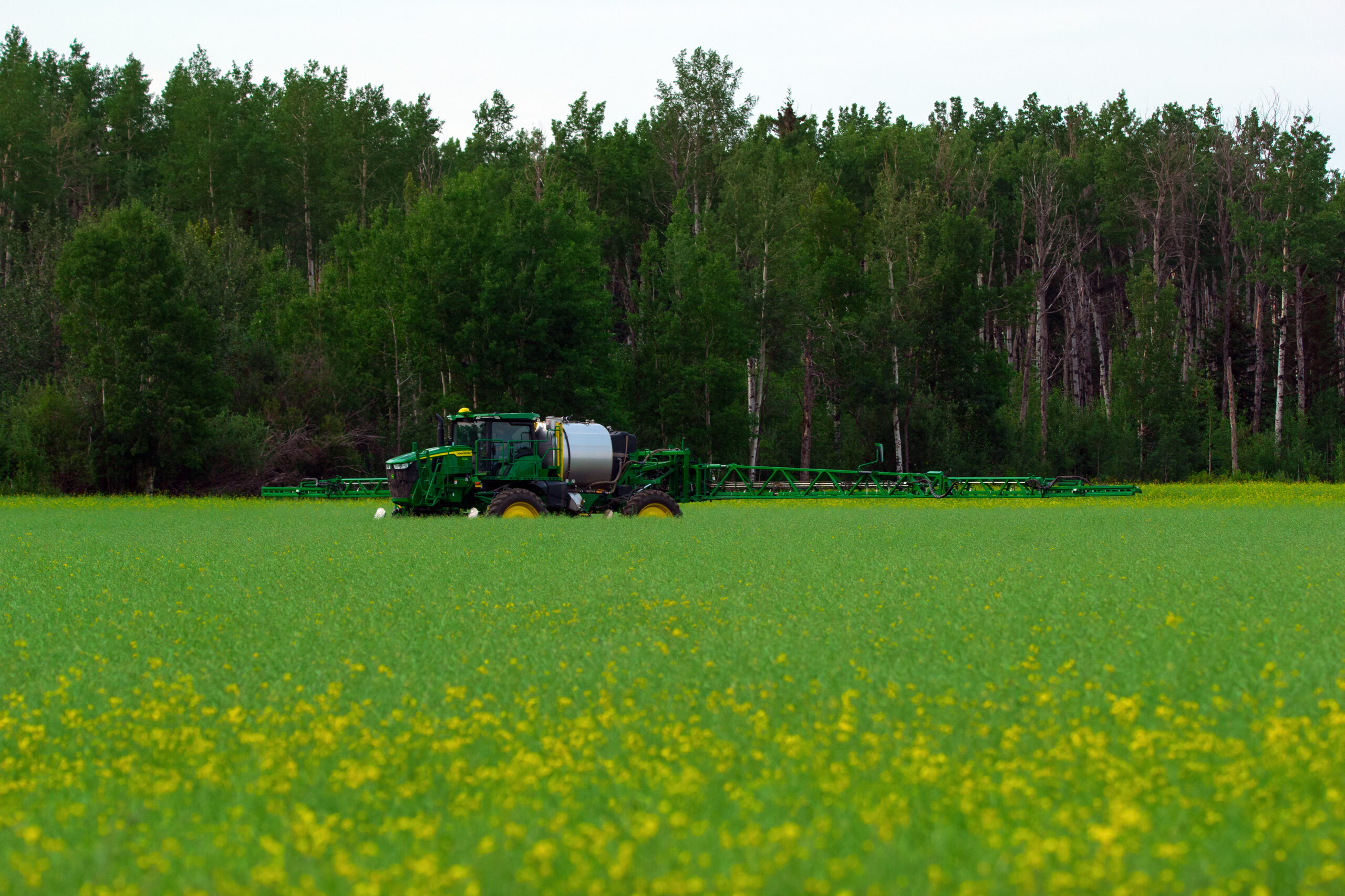Opinion: To confront climate change, go pesticide-free

By Cleo Braver and Caitlin Ceryes
Braver is owner of Cottingham Farm in Easton and chair of the board of the Maryland Pesticide Education Network. Ceryes is assistant professor in the Towson University Public Health Program.
Wildfire smoke from Canada. Record-breaking summer temperatures. Sea level rise. More powerful storms and more frequent flooding. We are seeing the effects of climate change here in Maryland.
There are other, harder-to-see impacts from climate change: an increase in pests and weeds as temperatures rise.
Yet, in an ironic twist, some of the substances we use to kill pests and weeds are key contributors to climate change.
As reported by the Pesticide Action Network North America (PANNA), the pesticide-climate change connection is a loop. Certain synthetic herbicides and nutrients, for example, impact the organisms in soil necessary for storing carbon. Pesticides, and their production, also add emissions to the atmosphere that accelerate climate change; climate change causes stress on agricultural systems and increases the number of insects; additional pests increase the use of pesticides to care for crops — and the cycle repeats.
The manufacturing, application, and disposal of pesticides all contribute to climate change. When pesticides are produced, three main greenhouse gases are emitted: carbon dioxide, methane, and nitrous oxide. The majority of synthetic pesticides are derived from fossil fuels, and, as noted in the PANNA report, several oil and gas companies play major roles in developing their ingredients.
According to PANNA, many climate change solutions do not address reducing synthetic pesticide use, and — more alarming — some industrial agriculture groups even advocate using these products to mitigate climate change. This must stop.
As a farmer and a public health professor, we are extremely worried about the future of our soil health; our food supply; and, most importantly, our community’s health from pesticide overuse.
A 2021 study shows that pesticide toxicity has more than doubled since 2005 for many products used to curtail populations of insects, causing a dramatic increase in mortality of pollinators and aquatic invertebrates. This is particularly worrying because pesticides can linger in the soil for years or even decades after they are applied. This harms the health of our soil, which damages the quality and quantity of our crops. In fact, the European Union (EU) bans a quarter of the agriculture pesticides used in the U.S. because studies have shown these pesticides are too toxic.
Not only do pesticides harm the environment, they also harm human health. After all, pesticides are designed to kill living things. These substances can have serious consequences for people who are exposed to them, including chronic disease, loss of quality of life, and even death. The real cost of pesticides goes beyond purchase price. It is estimated the U.S. spends $340 billion annually on disease-related costs associated with endocrine-disrupting chemicals, which include many pesticides.
It’s important to note that this is an environmental injustice issue for farmworkers and other occupations overexposed to pesticides. A recent review finds that families with low incomes and families of color are exposed to chemicals that damage the nervous system — such as lead and pesticides — and experience greater harm. The review found that Black and Hispanic children have higher exposure to organophosphate pesticides, commonly used in agriculture, leading to serious neurological effects. This injustice will continue if we don’t take action to curtail the use of these dangerous products.
Fortunately, there are opportunities to fight for a better future. According to a 2020 report from the Rodale Institute, “regenerative agriculture has the capacity to remove carbon dioxide from the atmosphere in a practical and cost-effective way — all while addressing our planetary water crisis, extreme poverty and food insecurity, protecting and enhancing the environment, and revitalizing food.” Organic soil optimizes carbon sequestration. Reducing pesticide use is central to regenerative agriculture.
Armed with this knowledge, we can take action. We can vote for legislators who support alternatives to pesticides. We can purchase local, pesticide-free food from farmer’s markets, or we can buy organic food. We can have pesticide-free lawns and gardens to keep toxic chemicals out of our soil and our waterways.
Here in Maryland, our State House grounds are a model for successful pesticide-free lawn care — the organically maintained grounds optimize carbon sequestration. We applaud the Moore administration for continuing to maintain the grounds without pesticides.
We know that climate change is already affecting Maryland. We also know how to preserve the health and safety of our families, ecosystems, and food supply. Gov. Wes Moore said it best: “Confronting climate change represents another chance for Maryland to lead.”
Let’s lead by increasing our state’s pesticide-free, healthy land to sequester atmospheric carbon, while we also protect our water, food, and public health.



